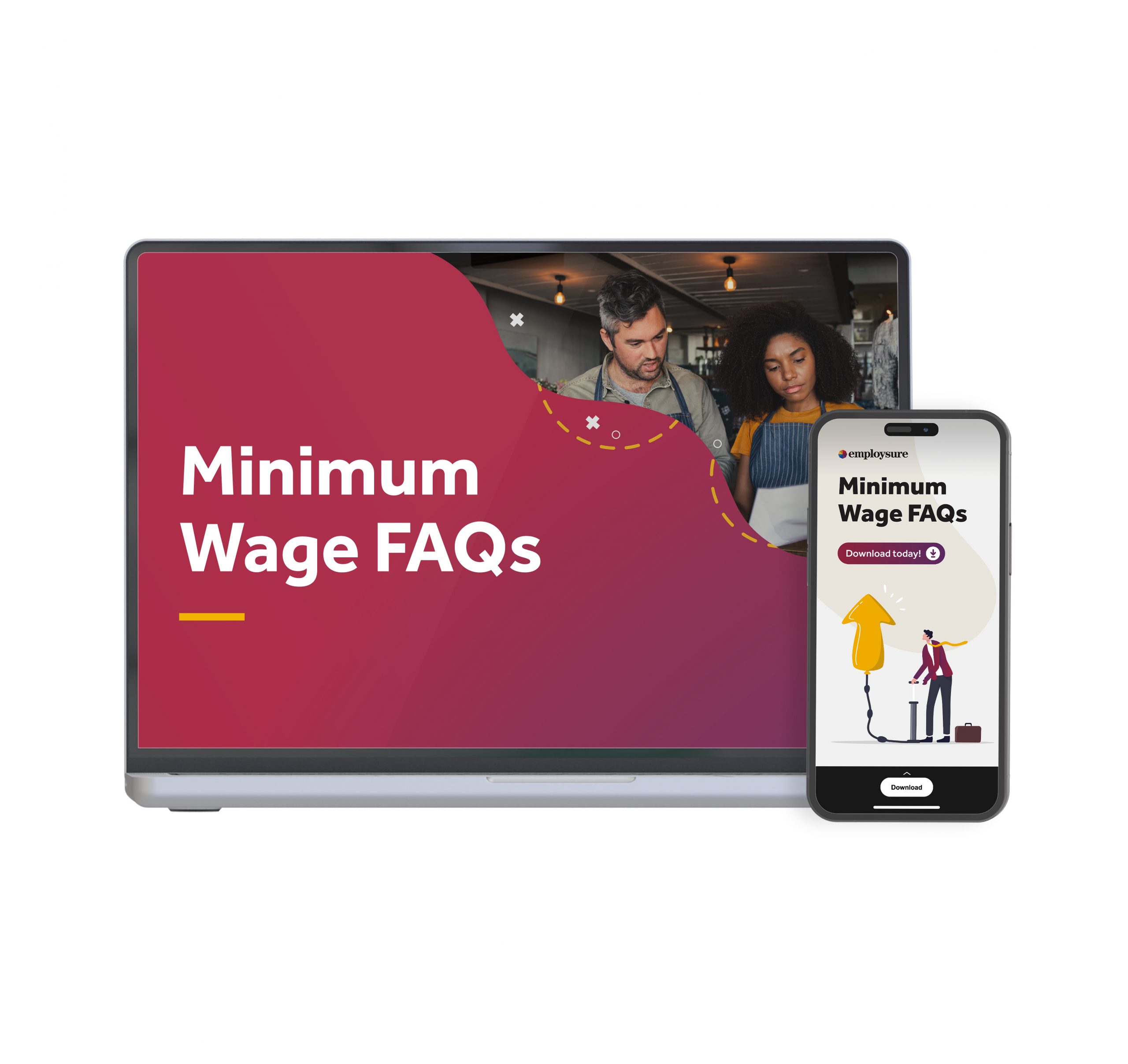
The minimum wages have been revised in New Zealand, with effect from 1 April 2023. The adult minimum wage has increased from $21.20 to $22.70 per hour. The starting-out and training minimum wage rates in New Zealand have also increased from $16.96 to $18.16 per hour.
New Zealand was the first country in the world to establish a Minimum Wage Policy in 1894, although the idea of a minimum wage has been around a lot longer. Minimum wage laws have been modified over time to provide equal pay and fairness in the workplace, while aiming to increase the standard of living and reduce poverty.
The argument for and against the minimum wage, and what rate it should be set at is still heavily debated to this day.
What is the minimum wage?
Minimum wage rates apply to all employees aged 16 years and older who are full-time, part-time, fixed-term, casual, or work from home. The minimum wage standard applies to employees who are paid an hourly wage or salary, and most employees who earn a commission or piece rates.
Employees covered by a minimum wage rate must be paid the relevant minimum wage amount, even if an employee and employer agree to a lower rate of pay in an employment agreement.
What are the minimum wage rates in New Zealand?
A different minimum wage is calculated for three categories of employees:
1) Adult minimum wage – This is the most common wage and applies to employees over 16 years of age.
2) Starting-out minimum wage – This applies to employees aged 16-19 entering the workforce for the first time. However, there are certain requirements that apply to this wage rate.
3) Training minimum wage – This applies to employees 20 years or over who are involved in relevant industry training. However, there are certain requirements that employees must meet before they are entitled to training minimum wage rates.
As of April 1st, 2023, the current minimum wage is as follows:
| Type of New Zealand minimum wage | New Zealand minimum hourly wage rate | 8-hour day pay rate | 40-hour week pay rate | 80-hour fortnight pay rate |
| Adult | $22.70 | $181.60 | $908 | $1,816 |
| Starting-out | $18.16 | $145.28 | $726.40 | $1,452.80 |
| Training | $18.16 | $145.28 | $726.40 | $1,452.80 |

Are you paying your staff fairly?
As a business owner or employer, you may have questions about the latest wage increase and what it means for you. We have created these FREE Minimum Wage FAQs to help you prepare your business.
How often does the minimum wage change?
Each year the Minister for Workplace Relations and Safety fulfils their obligation under the Minimum Wage Act 1983 to submit an annual review of the minimum wage by 31 December. Since 2000, the New Zealand minimum wage has increased on a yearly basis for each type of minimum pay including adults, new entrants, and trainees.
Employers need to be prepared each year for increases to the minimum wage. These changes impact businesses across all industries and employers who pay staff the minimum wage in NZ. Employers who fail to comply with minimum wage pay rates may be forced to pay any lost wages in full and a severe penalty.
What happens in cases of non-compliance?
If an employee believes they have been underpaid, they should first approach their employer to try and resolve the situation. They may also apply to the Employment Relations Authority to seek to recover the underpayment, or, request the assistance of a Labour Inspector.
The role of Labour Inspectors is to investigate and enforce compliance with minimum wage rate requirements. This also includes leave entitlements. If a Labour Inspector finds an employer has failed to comply with minimum wage rate requirements, they have the option of requiring an employer to rectify the breach, and/or apply to the Employment Relations Authority to impose penalties on the employer.
Read our guide on the ERA for information on how this process works. If unresolved at the ERA, a case may escalate to the Employment Court.
How can you keep your business compliant?
Be sure to stay informed on the current minimum wage rates for all employees aged 16 years and older. Employsure will regularly update clients on any changes or updates throughout the year. If an employee has recently turned 16, their pay rate must be increased to reflect the current New Zealand minimum wage rates.
The following employees are exempt from the standards of the Minimum Wage Act 1983:
Employees under 16 years.
Some disabled employees who hold an exemption permit from the minimum wage.
Inmates of a charitable institution.
Prisoners working in custody under the Corrections.
Apprentices who are under any other Act.
Is there a youth minimum wage?
There are no youth pay rates stipulated by the New Zealand minimum wage. However, some minimum employment rights, standards and obligations still apply to employees aged under 16. When an employee turns 16, they must be paid the relevant adult minimum wage.
For advice on how to be compliant with the New Zealand minimum wage, contact Employsure on 0800 568 012.










